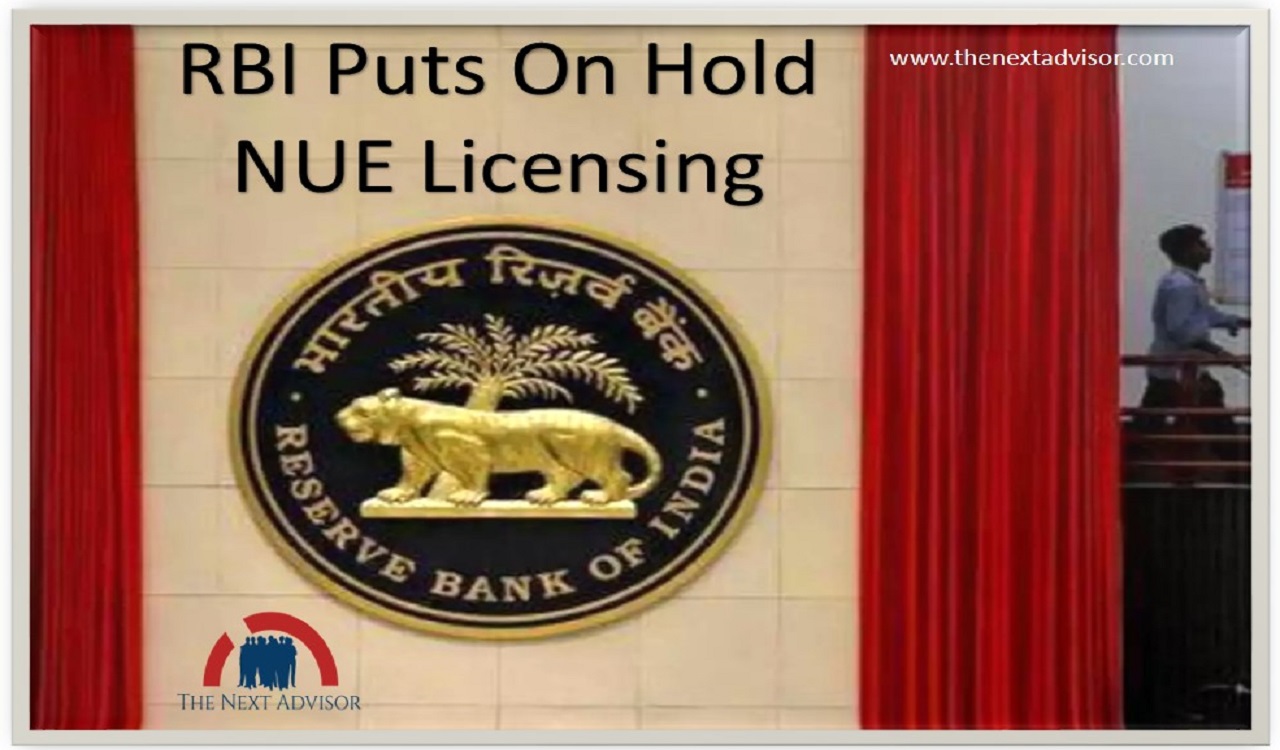RBI Puts On Hold NUE Licensing
RBI rejects Google and Amazon’s proposal to replace UPI. And RBI Puts On Hold NUE Licensing.
What has happened?
The reserve Bank of India has put on hold licensing of the New Umbrella Entity network, a fintech institution planned as a rival to the National payments corporation of India. The regulator will not grant any of the six consortiums permission to commence business.
Background –
The RBI has 2020 issued guidelines for corporates to create for-profit NUEs, to foster competition and “de-risk” India’s burgeoning digital payments ecosystem. As per the rules, no single promoter could have over 40% stake, which had to be lowered to less than 25% in five years of operation.
National payment corporation of India –
NPCI, a ‘not-for-profit entity registered under section 8 of the Companies Act, is owned by a consortium of leading public and private sector banks. 54 banks, current shareholders of NPCI in slide 17 public sector banks, 17 private banks, 3 foreign banks, 10 co-op banks, and 7 regional rural banks. The NPCI, set up in 2008, currently dominates the retail payments space and operates more than 12 such platforms. What is a retail payment system? Retail payments usually involve transactions between two consumers, between consumers and businesses, or between two businesses. Although there is no definitive decision between retail and wholesale payments. The RBI, in February 2019, had proposed to create an alternative umbrella organization for retail payments to prevent monopoly and concentration risk.
What does RBI expect from the new entity?
NUEs were supposed to set up and operate a new retail digital payment system and manage clearing and settlement systems that could be an alternative to the bank-promoted NPCI. It’s expected that the umbrella entity shall offer innovative payment systems.
The Applicants –
The applicants included a consortium of Facebook, Google, So Hum Bharat, and Jio Platforms. The Tata Group expressed interest in an association with Kotak Mahindra Bank, HDFC Bank, Flipkart, Mastercard, and PayU.
Conclusion –
It looks like none of the applicants have proposed anything novel or a great technology breakthrough that would have made RBI happy. So this was the Detail that RBI rejects Google and Amazon’s proposal to replace UPI.

























